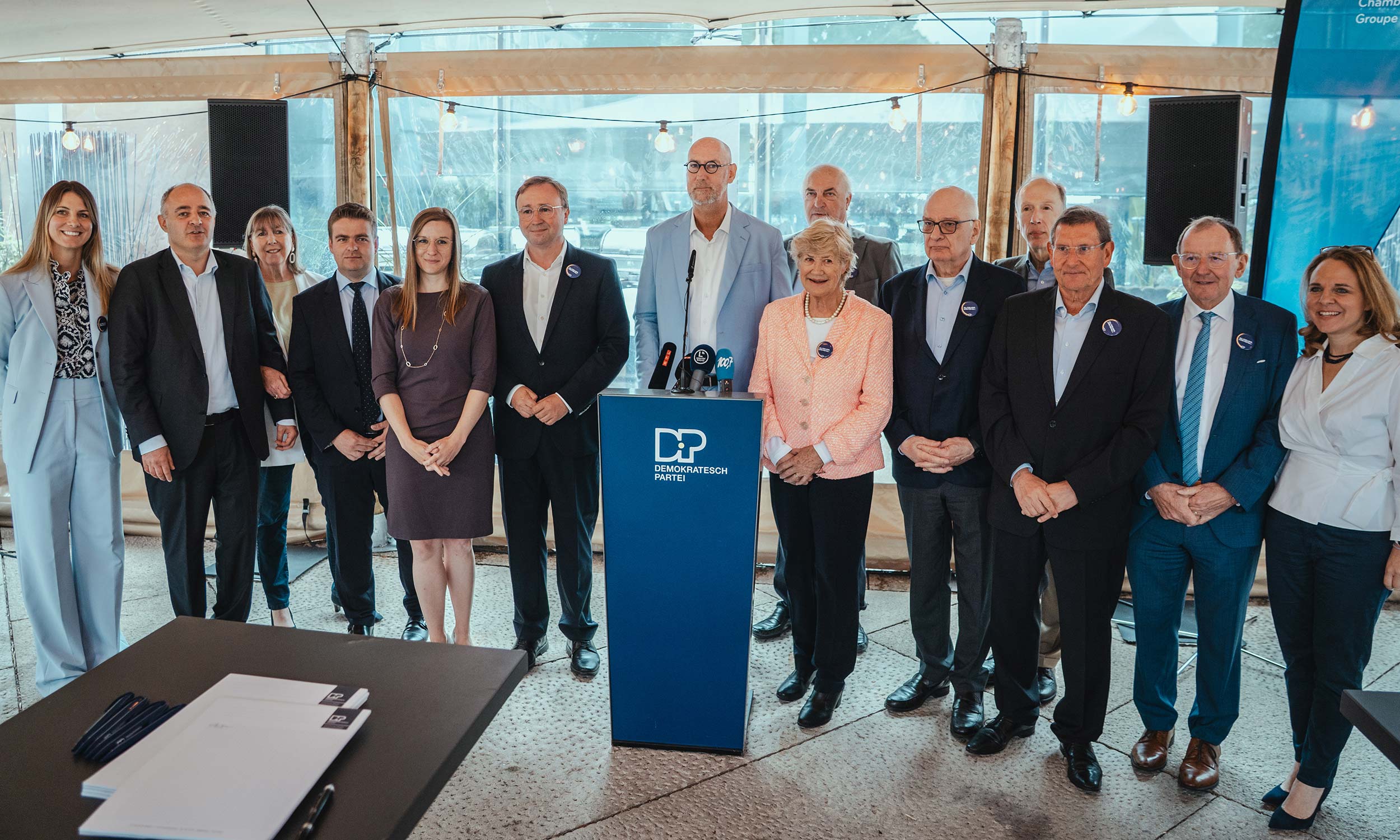‘We do not leave anyone in the lurch’. This is Prime Minister Xavier Bettel’s message, which also describes the crisis management of our government over the last 3 years. A leitmotif that equally guides the actions of the majority in Parliament, be it during the Covid pandemic or since the beginning of the Ukraine crisis.
The war has notoriously pushed up energy prices and the price of many other goods and services, thus impacting all of us. Changes are especially noticeable at the gas station, when paying for gas or fuel or even construction material. Citizens with lower wages are feeling the squeeze the most.
For this reason, Xavier Bettel immediately called on the proven crisis instrument of the Tripartite to reduce the financial burden caused by the increase in prices. The government, the unions (with one exception) and the employers agreed on a Solidarity Package of at least €830 million. The package introduces very concrete measures that will support citizens: To give an example, prices of petrol, diesel and fuel oil have already been reduced by 7.5 cents per liter.
The DP doesn’t question the wage index mechanism in Luxembourg. The forecasted index tranche of August has only been postponed to the next year, it will not be cancelled.
The other measures of the Solidarity Package also have a very clear objective: to strengthen the purchasing power of the people, to secure jobs and to provide companies with planning certainty.
As a result, low- and middle-income households will be compensated for their loss of purchasing power by a new tax credit. An energy premium will be introduced for particularly socially vulnerable citizens.
The indexation of child benefits will take place as initially planned and will not be postponed.
The value of study grants will be increased. There is a freeze on rent increases until the end of the year. The rent subsidy (‘Subvention Loyer’), meanwhile, gets increased. And the premiums for energy-saving renovations have finally been raised.
The Solidarity Package fulfills the requirements for stabilising purchasing power and the labour market and for providing businesses with the necessary predictability. In other words, the DP sees the Tripartite agreement as a great success that will help steer our country through the crisis in the best possible way!






